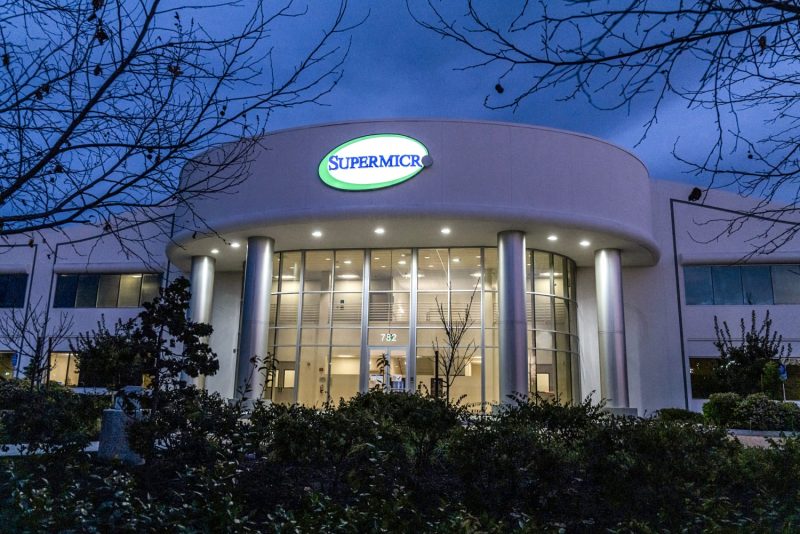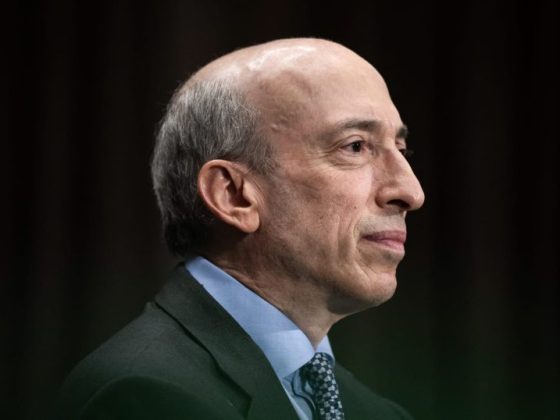Body:
Artificial Intelligence (AI) is possibly one of the best technological revolutions of our time. The rapid advancement in AI capabilities has opened doorways to incredible possibilities. However, as Super Micro’s recent stock collapse has demonstrated, it also presents significant risks, particularly when the hype surrounding AI overreaches the actual value it presents.
Super Micro is a high-performance computing (HPC) company renowned for producing servers, storage systems, and workstations. The company recently witnessed a devastating stock collapse, with the consequences amounting to a whopping $50 billion. This unprecedented fall principally highlights the hyped risk associated with AI.
The hype around AI has been nothing short of disruptive, pushing various companies to hop on the bandwagon of this technology. But as Super Micro’s case demonstrates, this hype can also lead to unrealistic expectations. Investors may become overly enticed by the possibilities of AI, consequently inflating stock prices beyond the company’s actual worth.
Super Micro’s stock value was mainly driven by the company’s declared involvement in AI. Prospective advancements in AI capabilities were predicted to propel exponential growth in the firm. Investors banked on the potential of AI without giving due consideration to the execution complexities and regulation uncertainties.
The hype and expectation of massive growth led to an overvaluation of Super Micro’s stock, making it ripe for collapse. Once investors began to appreciate the risk inherent in their investment and the challenges the firm faced in realizing AI’s promise, the company’s stock experienced a precipitous drop in value.
The company’s shares’ dramatic fall underscores the risk of buying into the hype of AI without understanding the technology’s intricacies and the intricate process of integrating it into existing systems.
However, this does not mean that AI is a flawed concept or a technological failure. The success of AI hinges on realistic experience expectations, proper application, and understanding of the potentials and limitations. Instead of focusing on improbable overnight success, companies should consider gradual and meaningful advancements.
Super Micro’s experience also highlights the need for regulatory measures to curb hype-driven artificial inflation of stock values. Investors must be informed about AI’s tangible benefits rather than being lured by superficial hype. Adequate regulations and guidelines would also ensure ethical and practical application of AI in numerous domains.
In a nutshell, the Super Micro incident is less about the failure of AI and more about the pitfalls of unrealistic expectations. The emphasis should not be solely on the potential benefits of AI but also on the possibilities of setbacks and temporary failures.
It is a journey that takes time, effort, investment, and a strategic approach to embracing AI’s capabilities. Overemphasis on artificial intelligence’s craze can lead to catastrophic financial implications such as the recent Super Micro’s crash.
Learning from this experience, potential investors and businesses must remember to strike a balance between excitement for innovation and practical operational and financial realities. After all, not every incremental development in AI technology will equate to immediate massive profits.
Moreover, the incident serves as a timely lesson to corporations to focus on building a robust and practical AI infrastructure rather than allowing the exaggerations of AI to define their corporate strategies. The goal should be to leverage AI to enhance performance, improve user experience, and produce creative solutions rather than chase unnaturally high growth rates.
Super Micro’s $50 billion stock collapse brings into sharp relief the need for sober reflection on AI’s place in business. While AI undoubtedly has transformative potential, it is essential to temper expectations with a generous dose of reality, grounding investment decisions in sound business strategy rather than hopeless technological optimism.











